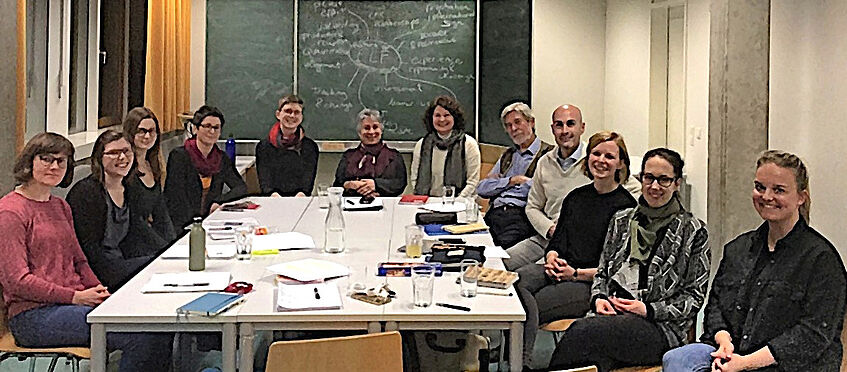English as a lingua franca (ELF)
Although the mainstream linguistic study of English is still conventionally confined to its particular manifestation as the (first) language of its native speakers, the actual use of the language has now become an international communicative resource, giving it an unprecedented significance as a global lingua franca. As such it is implicated in almost all the radical changes that have, for better or worse, been brought about by globalisation. It is used to mediate relationships between people hitherto relatively enclosed within their own communities, to exercise power, to exploit or resolve differences, to further the interests of some, to deny the rights of others.
But this is not the English as conventionally represented in grammars and dictionaries, nor that which is recorded as ‘authentic’ in corpora of native speaker usage. It is English that is authenticated as an expedient linguistic resource, appropriated as communicatively appropriate to the varied contexts and purposes which globalisation has given rise to. It is of course generally recognised that the role and status of the language have radically changed. That this calls for a different perspective on its study, has, however, not been so generally recognised. In linguistics and language teaching, English is still widely conceived much as it has always been.
The research activity initiated by Barbara Seidlhofer at the English Department of the University of Vienna has been operative in pioneering the study of English as a lingua franca (ELF) and developing it into a major area of research, particularly through its VOICE project1. VOICE was released in 2009 as the first computer corpus of ELF interactions, and analytic and interpretative work based on these data has led the way to what has now become an active international field of enquiry, furthered by the Journal of English as a Lingua Franca. ELF research is related not only to the concerns of theoretical and descriptive sociolinguistics and pragmatics but also to the more immediately urgent concerns of applied linguistics.
1 VOICE is the Vienna-Oxford International Corpus of English. More information on VOICE can be found here: https://www.univie.ac.at/voice.
For direct access to the corpus please visit VOICE ONLINE here: https://voice.acdh.oeaw.ac.at.
The ELF research group
...maintains this momentum of enquiry by the critical exploration of issues that have arisen from previous and ongoing research, developing new themes and making new connections. Its main focus is not on non-conformist ELF forms and the multilingual traces in its usage, but on how ELF communication works and the issues that its use gives rise to, on its socio-political significance within globalization, and its implications for the practical concerns of language teaching, interpreting, and other areas of applied linguistics.

